Kunci Jawaban
Kunci Jawaban, Bahasa Inggris Kelas 12 Halaman 71 Kurikulum Merdeka, Activity C.5 Think Pair Share
Kunci jawaban Bahasa Inggris kelas 12 Halaman 71 Kurikulum Merdeka, Acticity C.5 Think Pair Share. Kunci jawaban untuk Bahasa Inggris Tingkat Lanjut.
Penulis: Vanda Rosetiati | Editor: Vanda Rosetiati
TRIBUNSUMSEL.COM - Kunci jawaban Bahasa Inggris kelas 12 Halaman 71 Kurikulum Merdeka, Acticity C.5 Think Pair Share, silakan disimak pada artikel berikut.
Kunci jawaban Bahasa Inggris ini untuk buku Bahasa Inggris Tingkat Lanjut: Train of Thoughts untuk SMA/MA Kelas XII Edisi 1 yang ditulis Sunengsih, Trisnendri Syahrizal, dkk dan diterbitkan Penerbit Pusat Perbukuan.
Pada halaman 71 adalah soal Activity C.5, siswa diminta menjawab pertanyaan secara perorang terkait konsumerisme, selanjutnya berdiskusi dengan teman dan membagikan jawaban tersebut.
Berikut ini soal dan Kunci Jawaban, Bahasa Inggris Kelas 12 Halaman 71 Kurikulum Merdeka, Activity C.5 Think Pair Share.
ACTIVITY C5
Read the following question: ‘Can you find strategies to reduce consumerism?’
Think: On your own, write three ideas you have about this question or problem.
1.
2.
3.
Pair: Discuss your ideas with a partner. Put a check on any ideas, above, that your partner also writes down. Then, write down ideas your partner have that you do not have:
1.
2.
3.
Share: Review all of your ideas and circle the one you think is most important. One of you will share this idea with the class. As you listen to the ideas of the whole group, write down three more ideas you agree with.
1.
2.
3.
JAWABAN:
Yes I can. I can find strategies to reduce consumerism.
Think
Three ideas that I have to reduce consumerism.
1. Replace fast purchasing with slow purchasing
2. Borrow or rent instead of buy
3. Practice minimalism
Pair
Pada pertanyaan ini, siswa harus berdiskusi terlebih dahulu dengan rekannya untuk mengetahui ide apa yang dimiliki rekan tersebut tetapi tidak dimiliki olehnya.
Share
Siswa bisa menjabarkan secara rinci ide yang dia miliki untuk dibagikan ke rekan satu kelas.
1. Replace fast purchasing with slow purchasing
When we start losing control of our consumption habits, it’s usually because we’re making quick, impulsive decisions.
We reactively say yes to things we haven’t fully thought through and instead consume with our emotions.
Emotions should fuel our decisions, but our minds should be driving the car to ensure everyone makes it to the destination safely.
One way to make sure that your mind is in the driver’s seat is to slow down your buying process. The simplest way to do this is to write down a list of the things you need or want, then take the time to research the best option. Give the process space instead of acting hastily.
If you need to buy something urgently, first reflect on why you’re in an urgent situation. Is it because an event randomly came up that you couldn’t control, and you need to act swiftly? Or is it a result of your lack of planning?
If you need to make a quicker decision, still take a moment to slow it down.
For example, instead of going straight to the shops to buy an item that needs urgent replacing, research the options online, first reading reviews and watching a video or two. Even call ahead to your local outlets to see if they have the goods in stock.
Another benefit to slow purchasing is you have more time to find a second-hand option or even borrow the item if it’s a temporary need. More on that later.
By slowing down your purchasing process, you’re giving the power to your mind over your emotions. You move from a reactive state of consumption to a focused and proactive mindset. When you make this shift, you reduce the chance of acquiring something you don’t need or won’t use.
2. Borrow or rent instead of buy
A simple method for getting your consumerism under control is to rent or borrow items instead of buying them.
Got a party to attend? Consider renting a dress or suit for the occasion.
Running out of space on your bookshelf? Borrow books at your local library.
The added benefit of borrowing things is that it adds some time pressure to use them. Borrowing actually helps you overcome procrastination.
3. Practice minimalism
What’s the ultimate alternative to consumerism? Minimalism.
A minimalist is someone who naturally rejects consumerism and sees value in having fewer things over more things.
Minimalism is a powerful philosophy that impacts how you view material things, your relationships, commitments, and digital inventory.
By adopting a minimalist mindset, you give yourself a real chance of making sustainable positive changes to how you consume things. If you’re new to the concept of minimalism, check out my beginner’s guide on how to get started with minimalism.
So, How to avoid consumerism?
Hopefully, you have plenty of ideas to escape consumerism, create more time, save more money, and improve your mental health.
What about you? Do you have any of the symptoms of excessive consumerism? How have you overcome your habits?
===
*) Disclaimer:
Artikel ini hanya ditujukan kepada orang tua untuk memandu proses belajar anak.
Sebelum melihat kunci jawaban, siswa harus terlebih dahulu menjawabnya sendiri, setelah itu gunakan artikel ini untuk mengoreksi hasil pekerjaan siswa.
Demikian Kunci Jawaban, Bahasa Inggris Kelas 12 Halaman 71 Kurikulum Merdeka, Activity C.5 Think Pair Share.
Baca juga: Kunci Jawaban, Bahasa Inggris Kelas 12 Halaman 34 35 36 Kurikulum Merdeka, Damak And The Black Hat
Baca berita dan artikel lainnya langsung dari google news
Ikuti dan bergabung di saluran WhatsApp Tribunsumsel.com
Kunci Jawaban Siswa
Kunci Jawaban
Kunci Jawaban Guru
Kunci Jawaban Bahasa Inggris Kelas 12 Halaman 71 K
Bahasa Inggris Kelas 12 Halaman 71
Kelas 12
Kurikulum Merdeka
Activity C.5 Think Pair Share
Tribunsumsel.com
| Jawaban PAI Kelas 10 Halaman 24 Kurikulum Merdeka: Penilaian Pengetahuan BAB 1 |

|
|---|
| Kunci Jawaban Agama Islam Kelas 12 Halaman 31-37 Kurikulum Merdeka, Penilaian Pengetahuan Bab 1 |

|
|---|
| Kunci Jawaban Bahasa Indonesia Kelas 11 Halaman 15 Kurikulum Merdeka, Teks Terminal Baru Bandara |

|
|---|
| Jawaban Refleksi, Belajar adalah Proses yang Dilalui Bahkan Setelah Menjadi Guru Kita Tetap Belajar |

|
|---|
| Jawaban Reflektif, Untuk Mempertajam Pemahaman Anda Mengenai Experiential Learning, Anda Memerlukan |
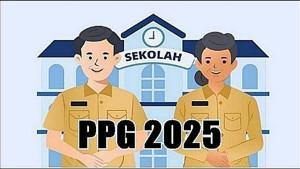
|
|---|

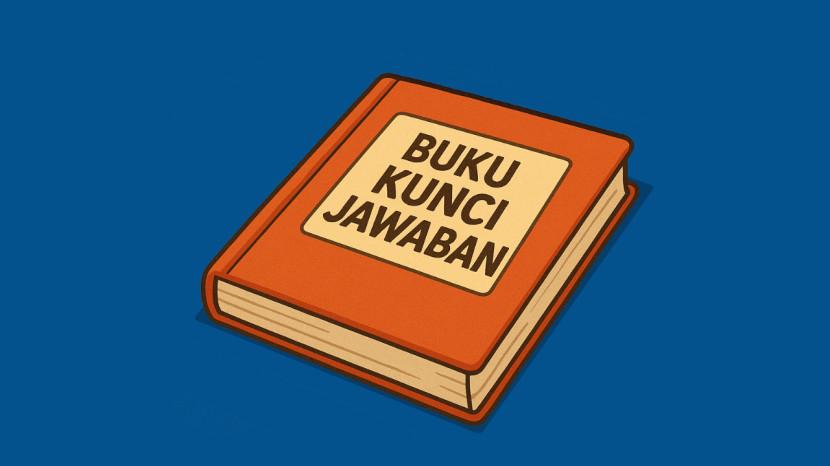








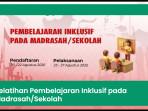
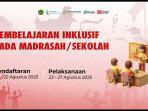

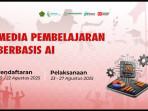
Isi komentar sepenuhnya adalah tanggung jawab pengguna dan diatur dalam UU ITE.